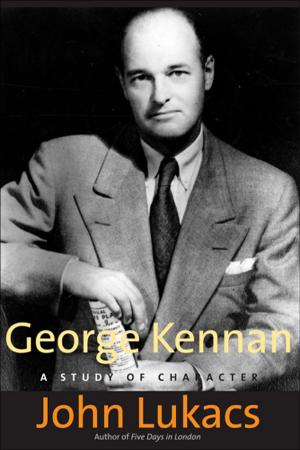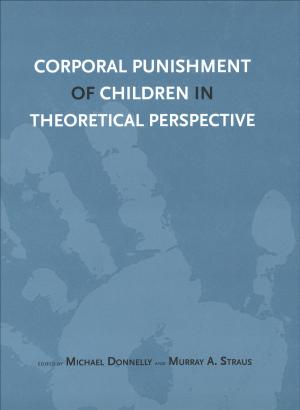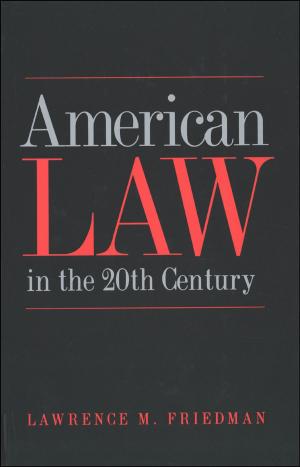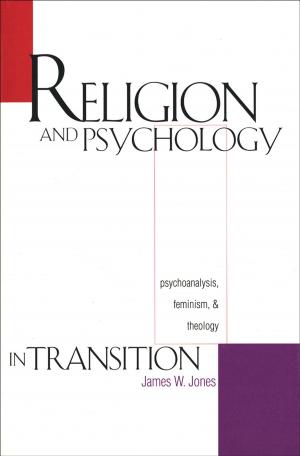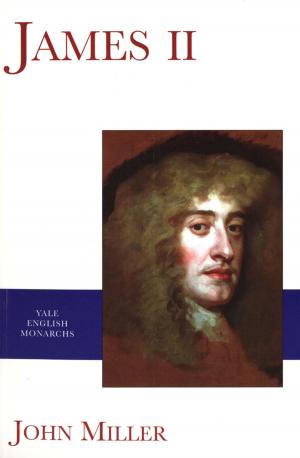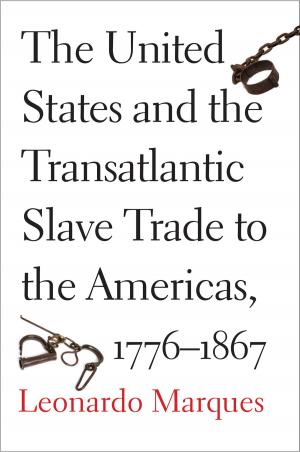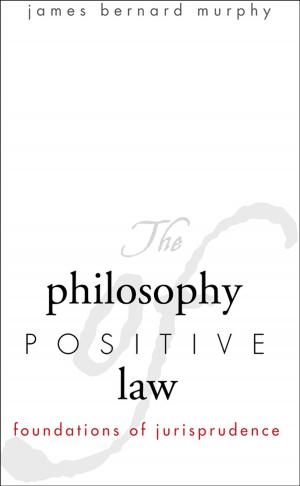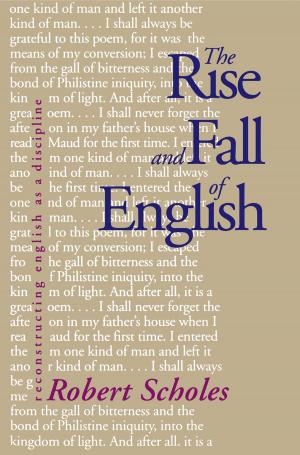| Author: | Professor Isabel de Madariaga | ISBN: | 9780300173444 |
| Publisher: | Yale University Press | Publication: | January 1, 1991 |
| Imprint: | Yale University Press | Language: | English |
| Author: | Professor Isabel de Madariaga |
| ISBN: | 9780300173444 |
| Publisher: | Yale University Press |
| Publication: | January 1, 1991 |
| Imprint: | Yale University Press |
| Language: | English |
There is no shortage of biographies of Catherine the Great, of varying quality and degrees of sensationalism. But there exists no brief account of her reign that incorporates the extensive research findings of the last twenty years and presents them accessibly, accurately, and concisely to the student and the general reader. Following her magisterial Russia in the Age of Catherine the Great, Isabel de Madariaga has written the most informative, balanced and up-to-date short study of this spectacular period in Russian history.
De Madariaga establishes an authoritative account of the events of Catherine's life, disentangling the myth from the verifiable reality. But her principal aim is to provide an account of the achievements of the thirty-four-year reign. Well-read and intelligent, Catherine presided over a fundamental reorganization of central and local government, of financial administration, of law, and of literary and cultural life. De Madariaga tracks the changes and explains the reforms, placing them in the context of eighteenth-century Europe and the ideas of the Enlightenment and of the French Revolution. Chapters on the wars against the Turkish empire, the annexation of the Crimea in 1783, and the partition of Poland demonstrate Catherine's part in building Russia into a formidable European power.
The text is distinguished throughout by the attention paid to historical controversies over the interpretation of Catherine's policies and to teh historiography on the period in general. Praised by French writers of her day and attacked by later historians for her neglect of the welfare of the serfs, Catherine's achievements are now measured against the difficulties she met. The book points to the problems Catherine faced, the human and material resources on which she could draw, and the intellectual climate in which she operated. De Madariaga considers past and present assessments of Catherine and consolidates balanced judgments, profound understanding, and exhaustive reserach into a highly assimilable form.
There is no shortage of biographies of Catherine the Great, of varying quality and degrees of sensationalism. But there exists no brief account of her reign that incorporates the extensive research findings of the last twenty years and presents them accessibly, accurately, and concisely to the student and the general reader. Following her magisterial Russia in the Age of Catherine the Great, Isabel de Madariaga has written the most informative, balanced and up-to-date short study of this spectacular period in Russian history.
De Madariaga establishes an authoritative account of the events of Catherine's life, disentangling the myth from the verifiable reality. But her principal aim is to provide an account of the achievements of the thirty-four-year reign. Well-read and intelligent, Catherine presided over a fundamental reorganization of central and local government, of financial administration, of law, and of literary and cultural life. De Madariaga tracks the changes and explains the reforms, placing them in the context of eighteenth-century Europe and the ideas of the Enlightenment and of the French Revolution. Chapters on the wars against the Turkish empire, the annexation of the Crimea in 1783, and the partition of Poland demonstrate Catherine's part in building Russia into a formidable European power.
The text is distinguished throughout by the attention paid to historical controversies over the interpretation of Catherine's policies and to teh historiography on the period in general. Praised by French writers of her day and attacked by later historians for her neglect of the welfare of the serfs, Catherine's achievements are now measured against the difficulties she met. The book points to the problems Catherine faced, the human and material resources on which she could draw, and the intellectual climate in which she operated. De Madariaga considers past and present assessments of Catherine and consolidates balanced judgments, profound understanding, and exhaustive reserach into a highly assimilable form.




